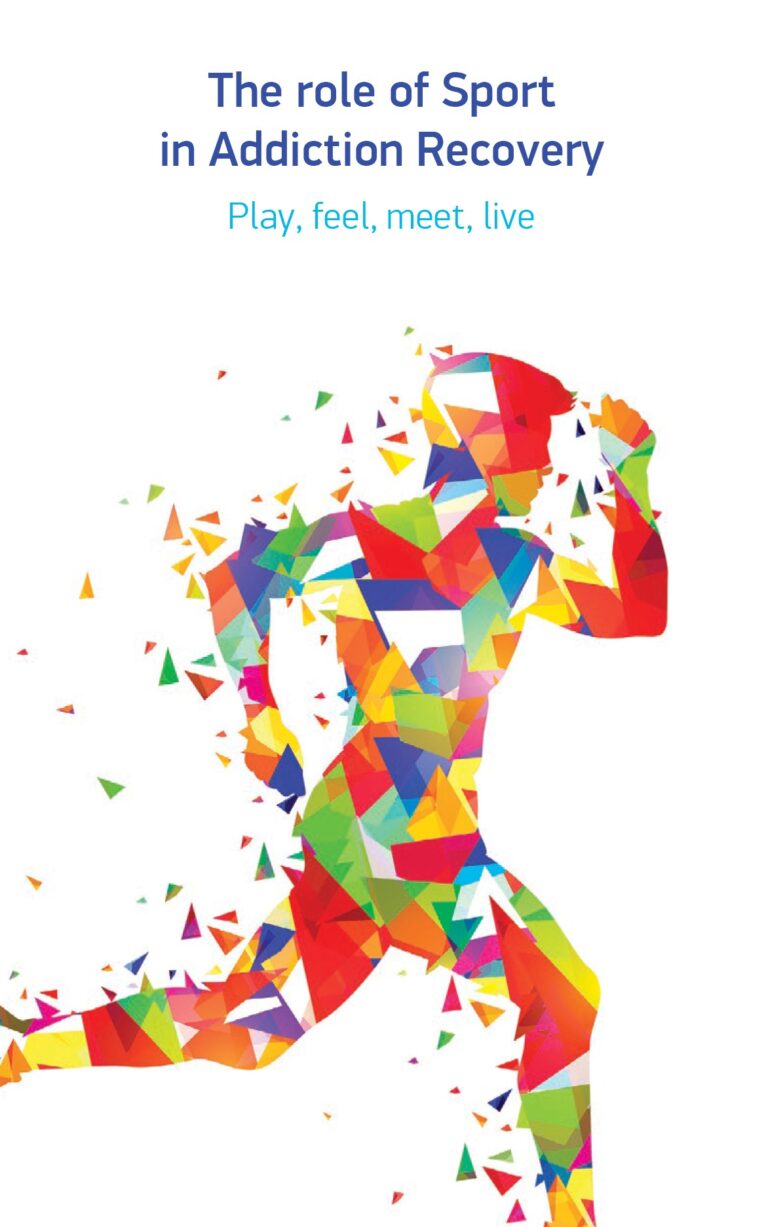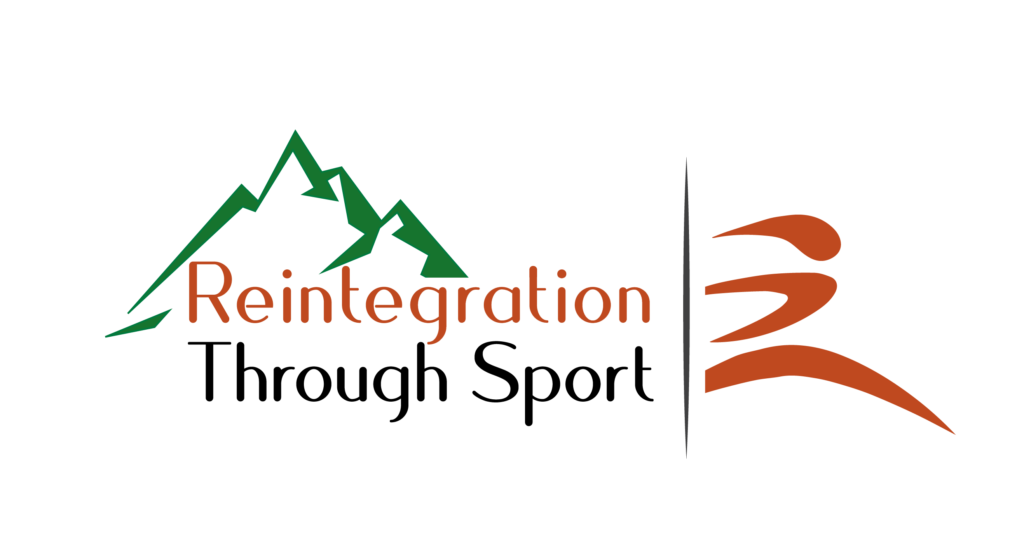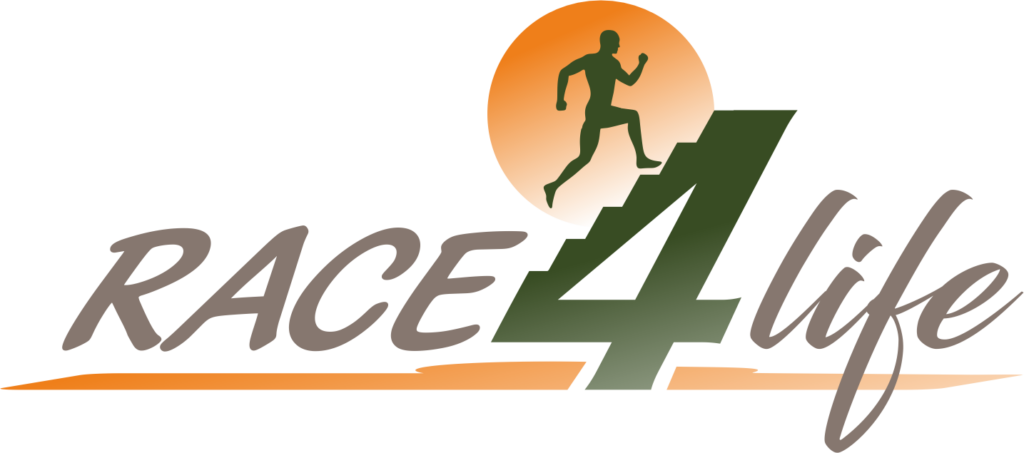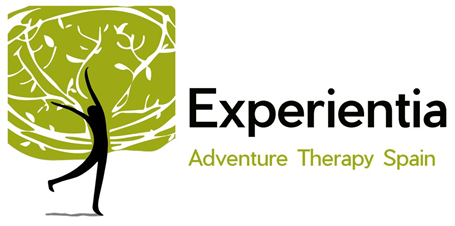The role of Sport in Addiction Recovery
Play, Feel, Meet, Live
Welcome to our project!
The contribution of sport and physical activity is vital to a wide range of long-term benefits for the mental and physical health of drug addicts under recovery. Participation in a sport-based program increases the duration of abstinence, improves overall physical health and stamina, and reduces emotional instability as it helps to ease stress and anxiety. Sport and physical activity are also known to provide a sense of accomplishment and satisfaction by helping the addicted person to enhance his or her self-confidence and create a better image of oneself. In addition, sports and physical activity can offer drug addicts under recovery the opportunity to attain a pleasant mental state without having to recourse to the use of drugs, thus eventually embarking on a positive and healthy lifestyle change that is incompatible with substance abuse.
The Reintegration Through Sport Plus (RTS+) project, upscaling the Reintegration Through Sport (RTS) project, aims at utilizing sport as an alternative framework in the addiction recovery process, as of which positive behavioral outcomes can be created, by way of underscoring the relationship between sports participation and positive life skill development of drug addicts under recovery, thereby supporting their social reintegration.
WHAT are RTS+ project intended goals?
- To highlight the therapeutic value of physical activities and sport in addiction recovery.
- To underscore the relationship between sports participation and positive life skills development of addict people under recovery, supporting their social reintegration.
- To improve the implementation of physical and sport activities in addiction treatment organizations.
- To highlight the value of participation in physical activity and grassroots sport activities in addiction prevention.
- To provide opportunities for greater sport participation of drug addicts under recovery
- To enrich and harmonize the way whereby sports programs are utilized during the treatment process by the therapeutic organizations, by way of designing, creating and proposing new innovative tools to support this process.
- Το strengthen the co-operation between drug addiction treatment agencies and sports organizations and other relevant stakeholders.
- To support the capacity building of health professionals working in the field of addiction, aiming at improving the efficiency of treatment services.
- To develop policy recommendations of sport-based interventions in drug addiction policy frameworks.
WHAT is the knowledge which RTS+ project aspires to mobilize?
- To develop a common understanding of the current processes of sport-based implementation in addiction recovery.
- To identify theoretical explanations of how life skill development through sport participation and experiential learning interlink in addiction recovery.
- To understand the factors that affect the participation of drug addicts under recovery in physical activity and sport.
- To identify gaps in skills, knowledge, and attitudes in sport-based interventions in addiction recovery.
- To identify and define life skills and values to be acquired through sport participation.
- To identify the gaps between needs and current performance of sport-based programs implementation in addiction recovery.
- To identify how to effectively implement sport programs in addiction recovery.
WHY is the RTS+ project interested in mobilizing this knowledge?
- To support the idea that sport can be used as a complementary therapeutic tool in addiction recovery
- To introduce/reinforce health professionals working in the addiction field towards understanding Experiential Learning for life skill development through sport and its implementation in addiction recovery.
- To support health professionals’ capacity and competencies in designing sport programs and sport-based interventions, utilizing experiential learning for life skills development through sport in the addiction recovery process.
WHO is involved in sharing the knowledge?
- Drug treatment agencies
- Sports organizations and clubs
- Health professionals working in the addiction field
- Clients (addicts under recovery)
- Policy decision-makers
- Experts, academic and researchers
- Volunteers
- General public
HOW RTS+ project will deliver its message to the audience?
- By creating guidelines to harmonize the sport programs implemented by the therapeutic agencies in order to provide a better service to the target population.
- By raising awareness of the drug addiction agencies and health professionals working in the addiction field about the benefits in having drug addicts under recovery participate in sport activities.
- By advocating or influencing through the development of policy recommendations/guidelines on prevention, addiction therapy, and social reintegration through sport.
HOW RTS+ project will mobilize all the knowledge?
- By implementing Pilot Actions to implement the outcomes designed and developed in the earlier project phases
- By creating synergies as well as a wider network for possible collaborations touching upon policy levels.
- By hosting multiplier events aiming at promoting the power of sport in addiction therapy and the social reintegration of addicted people.




Networking Knowledge Capacity Building Evaluation
Previous Project On-going Project
Telephone: 210 9041993-6
Email:
rtsportproject@gmail.com














